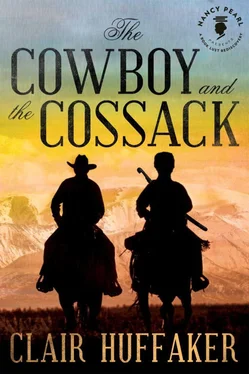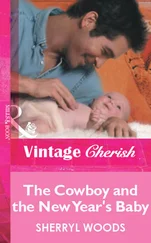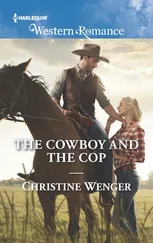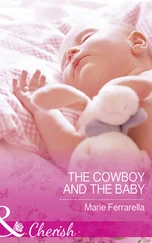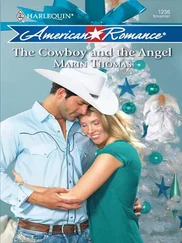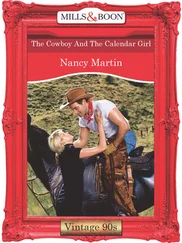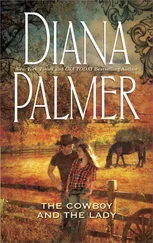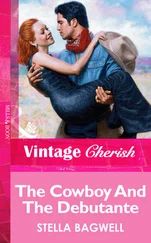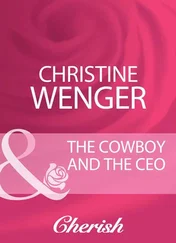When the sun was finally getting low in the west a young cossack about my age wound up riding with Rostov, too. He was tall and husky, with sandy hair and clear, constantly frowning blue eyes. His scraggly beard looked sort of new, unlike Rostov’s thick, trim, jet-black beard that looked like it’d probably been on him when he was born.
The three of us rode to the top of a low hill, the two of them, as always, searching to both sides and as far ahead as they could see.
I’d gone along quietly all day before and most of this day, and still hadn’t intended to break the silence, but curiosity finally got the best of me. Somewhat mad at myself for speaking, I must have sounded angry. “Would ya’ mind tellin’ me what you’re lookin’ for, so I can look for it too, for Christ’s sake?”
Rostov glanced back at me, that tiny bit of humor lurking somewhere in those hard, dark eyes. “The puppy barks.”
I don’t know if the hair on the nape of your neck really stands up, but mine felt like it did right then. “Puppy!” Somewhere in the rear part of my mind I knew I was going out on a suicidal limb, but the front part was boiling over. “Just one a’ two things! Take that back or fight!”
I meant it flat out and couldn’t and wouldn’t back down, but once I’d said it that anti-suicide part of my head was banging away something fierce trying to find me some way, any way, out of this fix.
Rostov’s look didn’t change, and he didn’t move a hair. After an eternal few seconds he said, “The puppy barks—and the wolf bites.” Then, “Perhaps you are a young wolf.”
Thank God! He’d given me my way out. He hadn’t exactly taken back what he’d said, but he’d allowed me a fair escape route, which that panicky rear area of my mind was grateful to accept.
Trying to keep up what I hoped was a fearless look I said, “I ain’t all that young, and you’d have t’ try me as a wolf. But I’d still like t’ know just what we’re scoutin’ for.”
He let the whole thing go, and answered me. “Primarily Tartar raiding parties. From across the Ussuri right now.”
“What’s a Tartar look like?”
“Just let us know if you see anyone we don’t see, on foot or horseback.” He added quietly, almost warmly, “Your eyes will be much appreciated,” and I knew he meant what he said. Then he turned back to search the horizon ahead.
“Uhh, Captain Rostov?” I said uncomfortably.
He looked around at me, questioning.
“That’s kind a’ nice—appreciatin’ the offer a’ my eyes like that. My name’s Levi Dougherty. Just Levi’ll do, though.”
He indicated the sandy-haired young cossack near him. “This is Corporal Igor Zarutski.”
I nodded at the corporal and said the only thing I could think of to say, which was “Igor.”
Igor stared at me, concentrated hard and said in a slow, studied, funny kind of a one-noted way, “I-am-very-pleased-to-have-the-honor-of-making-your-acquaintance-Mister-Levi.”
That line of his hit me like a sledge hammer.
If anything, I was even more stunned than Shad had been when the same kind of thing happened to him before. My expression must have been odd, because Rostov laughed for the first time since he’d singed off Yakolev’s beard and eyebrows, and Igor grinned over at him in a proud, pleased way.
I never did think of anything to come up with, and Rostov finally slowed down his laughter enough to say, “Believe me, not all cossacks speak English. I’ve taught three of my men to speak reasonably well, and the others know a few words.”
I finally just barely managed “I’ll be damned.” And then a sort of resentment of my own shortcomings must have welled up in me because I said, “An’ I don’t speak one word a’ Russian except ‘ Daughhh ,’ which sounds like some idiot tryin’ to start off a sentence!”
Rostov said, “A language takes time. And we’ve been planning on getting these cattle for more than two years. I wanted someone else to be able to communicate with you Americans in case I should happen to be killed along the way.”
He didn’t say that grimly, but somehow the words had an ominous ring to them. And then he rode quickly down the hill before us, looking as impossible to kill as any man I ever saw.
Igor frowned in concentration again and said, “Let-us-go,” and we galloped down after him.
We made a fine, sweet-water camp again that night, with enough grass to feed ten thousand head. Purse, Mushy, Rufe and Link had the first watch, and the rest of us were feeling pretty good about how the drive was going so far, sitting around the fire after supper. Sammy got out his guitar and started fooling around softly with the strings, and we got into one of those easygoing bullshit talks when nobody’s got a whole lot to say and yet nobody’s quite ready to go to bed as long as there’s some hot coffee left.
The cossack campfire was burning about five hundred feet away, and you could faintly make out the shadowy flickers of men moving around it.
Natcho leaned comfortably back against a tree, stretching his shoulder muscles. “Not a bad day.” He smiled. “Everything considered, my only regret is that we didn’t have that one night in Vladivostok, so as to better judge that white Russian whiskey and the ladies there.”
“Didn’t miss much.” Shiny Joe grinned. “That white whiskey’s poison an’ there wasn’t no ladies. Not even women.”
“Christ,” Dixie said. “After all that time on the boat, even them cows’re startin’ t’ have a strange effect on me.”
“Only the good-lookin’ ones, I hope,” said Slim.
“Well, there’ll be other towns.” Big Yawn moved his huge shoulders in a philosophic way. Then he said, “Hey! I heard a couple a’ them cossacks hollerin’ back and forth t’day, and I kinda understood a couple words!”
“That makes you about even,” Dixie said, “since ya’ only know a couple words of American too.”
“Screw you.” Big Yawn scratched his ear. “Sounded kinda like some a’ the words Ma an’ Pa used t’ use when I was a kid.”
“Speakin’ of that,” I said, “Rostov ain’t the only one of ’em who knows American.”
“Who else does?” Shad asked.
I told him about Igor. “An’ there’re two others. Don’t know which ones yet.”
“Underhanded of ’em.” Shad glanced at the distant fire suspiciously. “Not lettin’ us know.”
“They’re not tryin’ to keep it a secret. But we haven’t exactly encouraged a whole lot a’ friendly talk back an’ forth.”
“You stickin’ up for them?” Dixie asked.
“Hell, no!”
Slim looked up at me curiously, from where he was idly whittling on a stick. “After two days now, what do ya’ think of ’em?”
I hesitated, then said, “All in all, they ain’t too bad.”
“Huh.” Crab grunted. ‘Sounds like you’re soft on ’em.”
“I am not! But they’ve been all right with me. An’ they’re damn good t’ their horses. One time t’day, when it was hotter’n hell, one of ’em went t’ take a drink and his water bag was almost empty. So he gave his last water to his horse instead.”
Natcho shrugged. “Any real horseman would do the same.”
“Well, that’s sort of what I mean. They really care for their mounts, like us.”
“Difference is, I’d hope in this rich country none of us would be stupid enough t’ run out of water in the first place,” Shad said flatly.
“Boss’s right.” Crab grinned. “Dumb heathen didn’t deserve a drink.”
“C’mon.” Old Keats sounded slightly irritated. “Levi’s basically got the right of it. We can’t go over a thousand miles with them fellas without ever talkin’. I ain’t sayin’ we oughtta be friends, but we should try to have some kind of a halfway decent relation with them.”
Читать дальше
